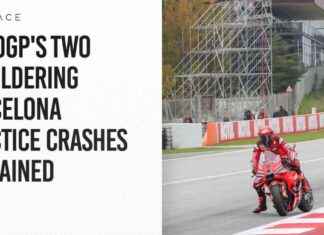Ex-Wirecard boss Braun is sticking with it: in court he protests that he knew nothing about the fraud in his previous company. The missing billions in trust accounts in Asia actually existed, he claims. He attributed irregularities to sloppiness.
For a long time, former Wirecard boss Markus Braun said that the irregularities in the payment processor’s Asian business were just sloppiness. The main defendant in the Wirecard fraud process said before the Munich Regional Court that he had only assumed “massive documentation weaknesses”. “I was convinced that the balance sheets are correct.”
The DAX group filed for bankruptcy in June 2020. At that time, Braun had admitted that 1.9 billion euros were missing from trust accounts in Asia. Braun confirmed in court his view that the money actually existed and was only diverted. “One would have to determine what can be retrieved from it,” said the ex-CEO. He called for “a clean forensic examination” by the public prosecutor. The missing billions were by no means invented, as the jointly accused key witness Oliver Bellenhaus had shown.
The public prosecutor accuses the two managers and a third accused of accounting fraud, market manipulation, breach of trust and gang fraud. In the months before the collapse, the auditing company KPMG had examined Wirecard to clarify the inconsistencies. Board member Jan Marsalek was responsible for the Asian business. He went into hiding and is wanted internationally. Braun said he assumed at the time that the inconsistencies could be cleared up with Marsalek’s help.
He had the impression that, after initial reluctance, he had made “extreme efforts” to meet the requirements of the KPMG auditors. “What he was accused of was not making a structural adjustment that would avoid such a situation.” That’s why he wanted to have Marsalek replaced after the investigation. He has already spoken to the supervisory board about concrete external successor candidates.
While the KPMG investigation was still ongoing, Wirecard had stated that no evidence of balance sheet manipulation had been found. Braun defended his decision to publish the relevant communication. Neither KPMG nor the Supervisory Board objected. Braun rejected the accusation by judge Markus Födisch that he had confessed to the public prosecutor’s office that he had committed a criminal offense with the publication. It is correct: “I had no knowledge at the time that false balance sheets were published.”







